Protecting our precious ‘roos
The results are in: creating a safer place to live for kangaroos, wallabies and pademelons – collectively known as Macropods – is extremely important to the Sunshine Coast community.
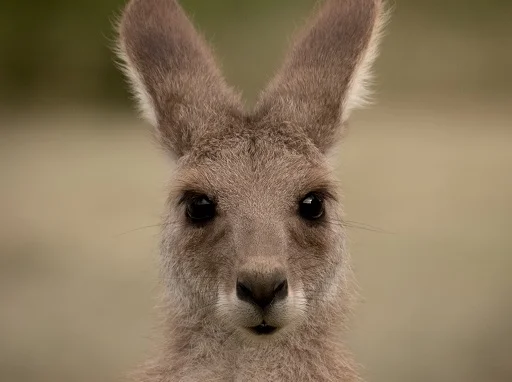
Image Credit: Julie O'Connor
The results are in: creating a safer place to live for kangaroos, wallabies and pademelons – collectively known as Macropods – is extremely important to the Sunshine Coast community.
Sunshine Coast Council has backed this call by adopting the Sunshine Coast Macropod Conservation Plan at its latest meeting.
The plan includes a range of actions aimed at saving these wildlife icons by better mapping their locations, protecting habitats and reducing the risk of them being struck by vehicles or attacked and chased by dogs.
Council’s Environment and Liveability portfolio councillor Maria Suarez said protecting macropods was a challenging task and would require everyone to work together.
“Macropods are big mammals that travel across the whole landscape – however it’s clear from community feedback that they are also much-loved Sunshine Coast animals,” Cr Suarez said.
“The new plan sets out a path to help them thrive, however, to succeed it needs a strong partnership between Council, our community and Queensland Government agencies.”
Feedback on the plan was sought earlier this year, and common themes were apparent such as the need to stop population decline caused by car strikes and habitat loss.
Macropods covered by this plan
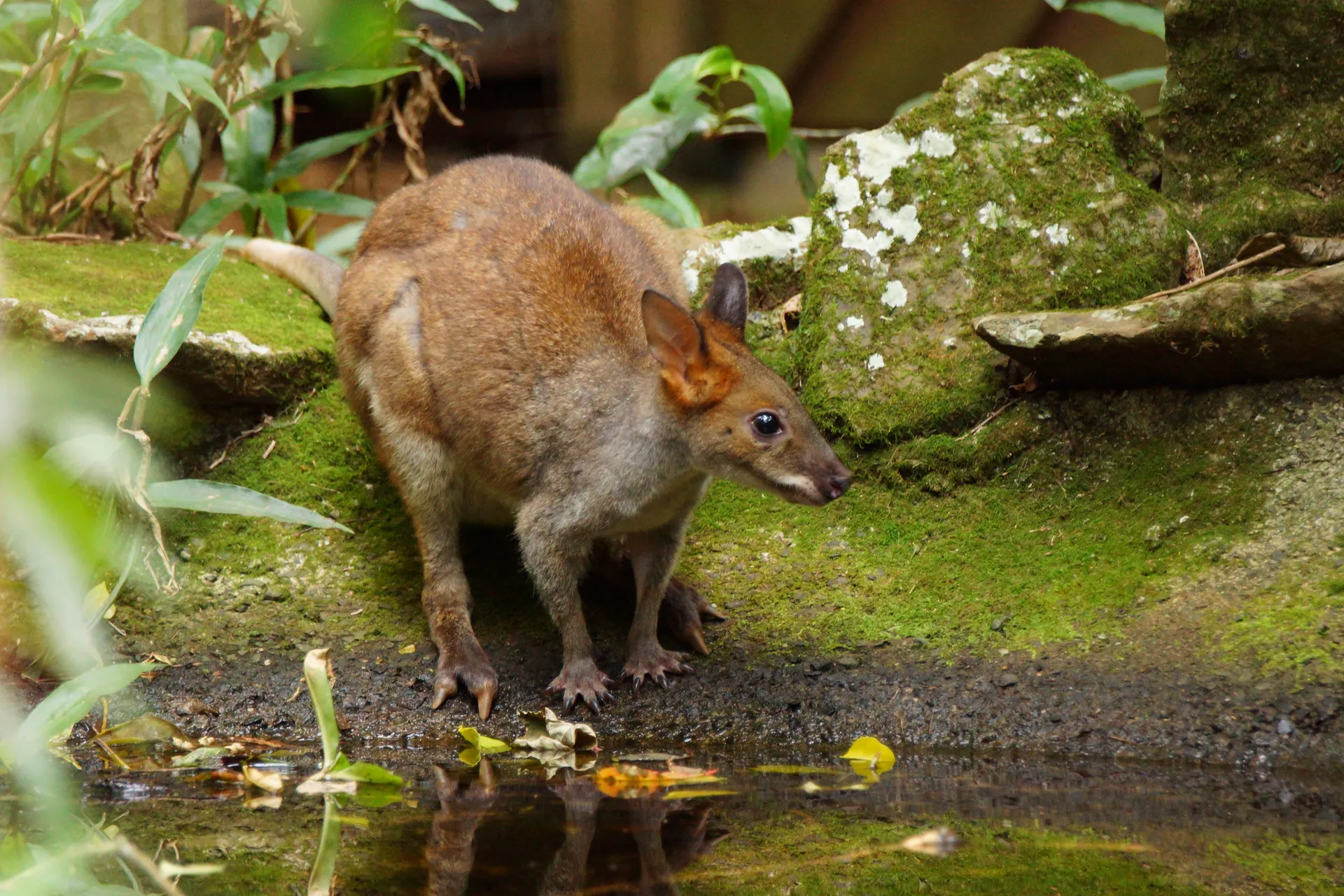
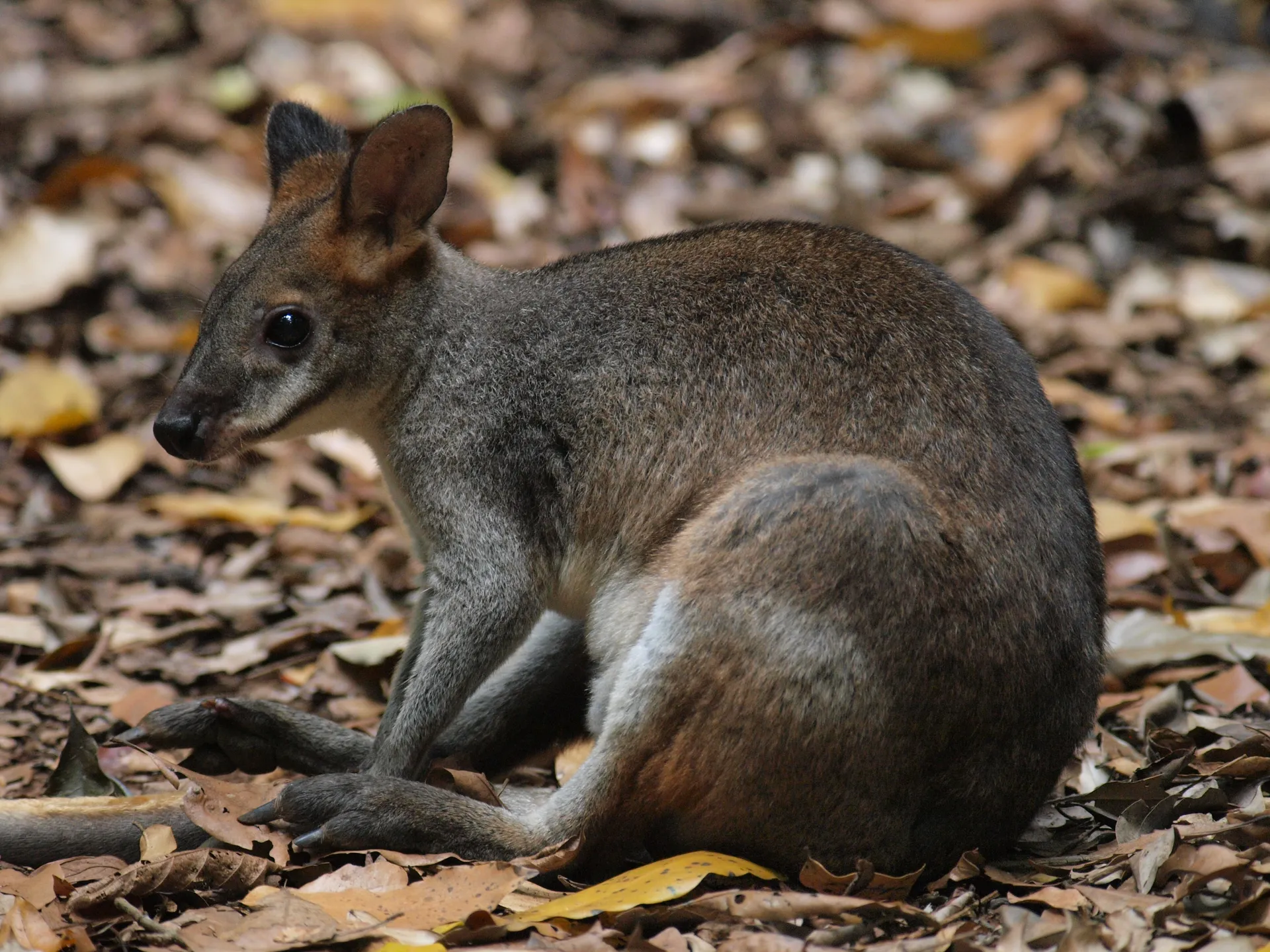
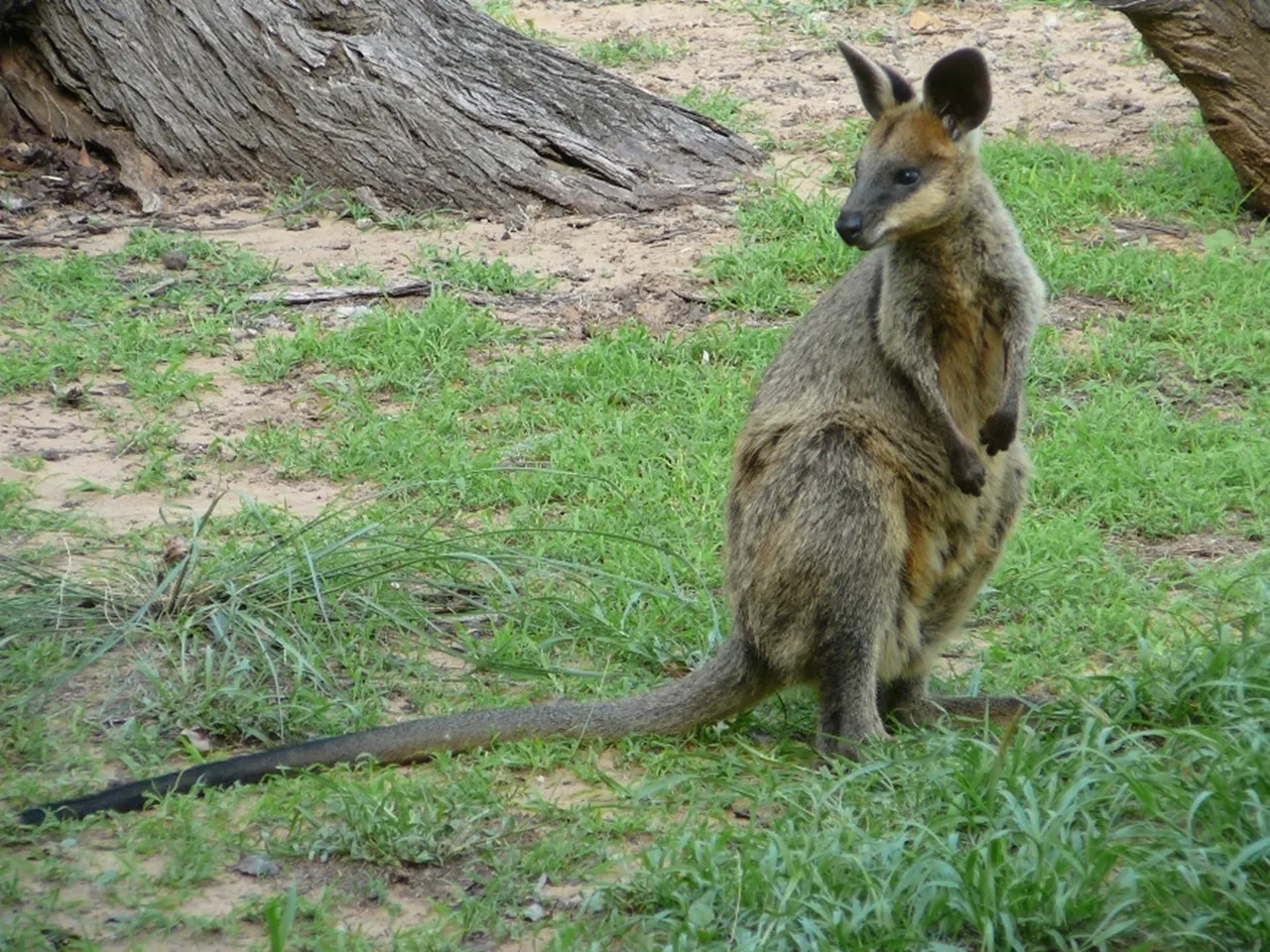
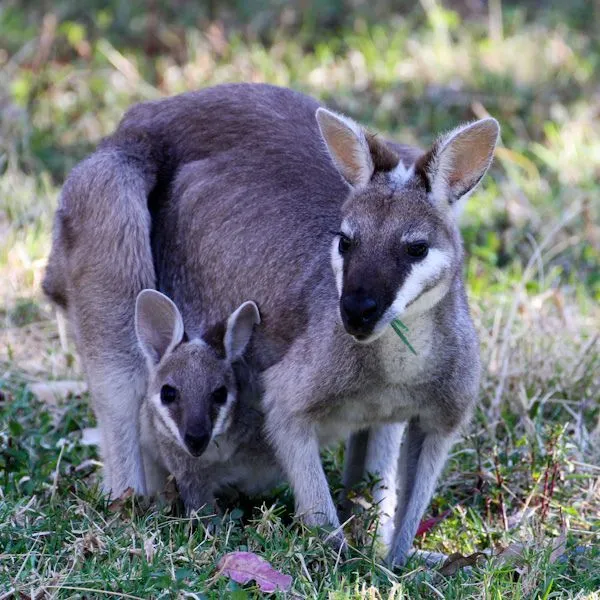
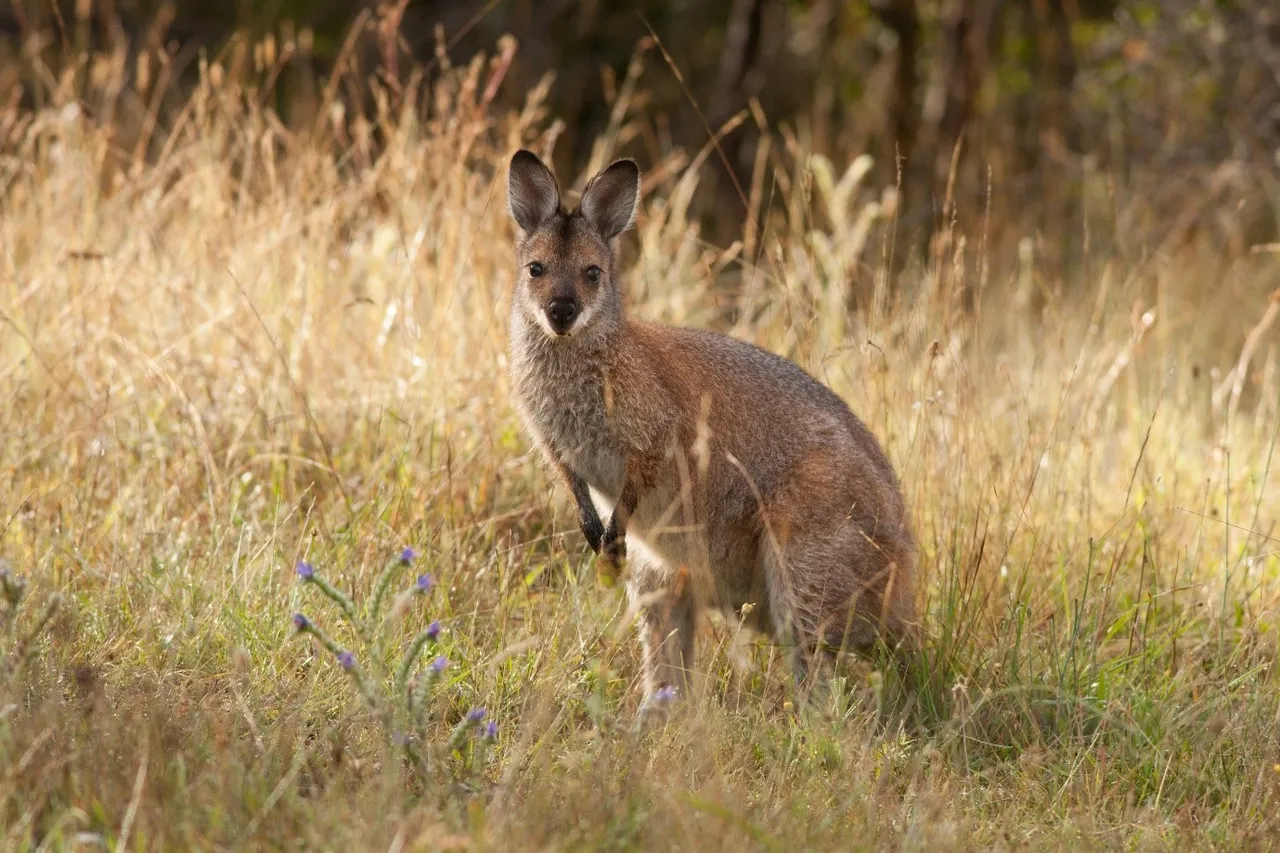
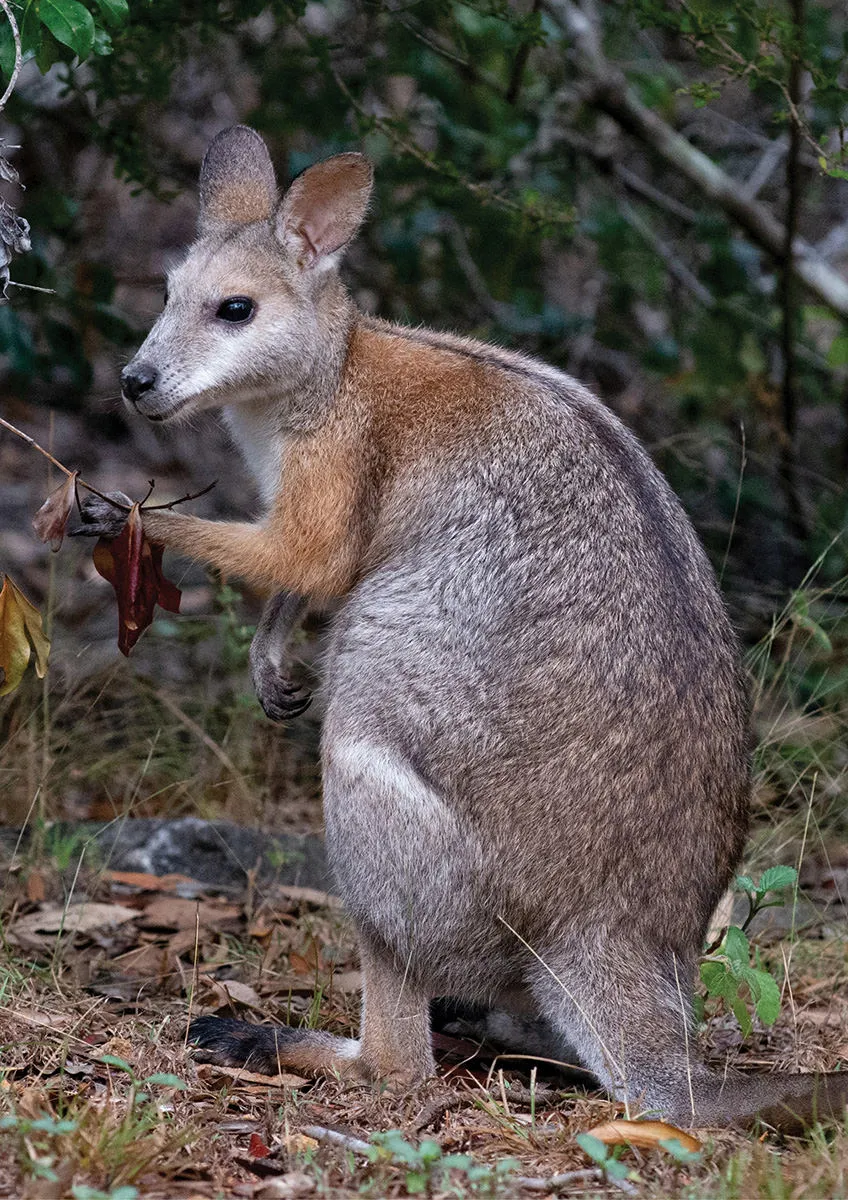
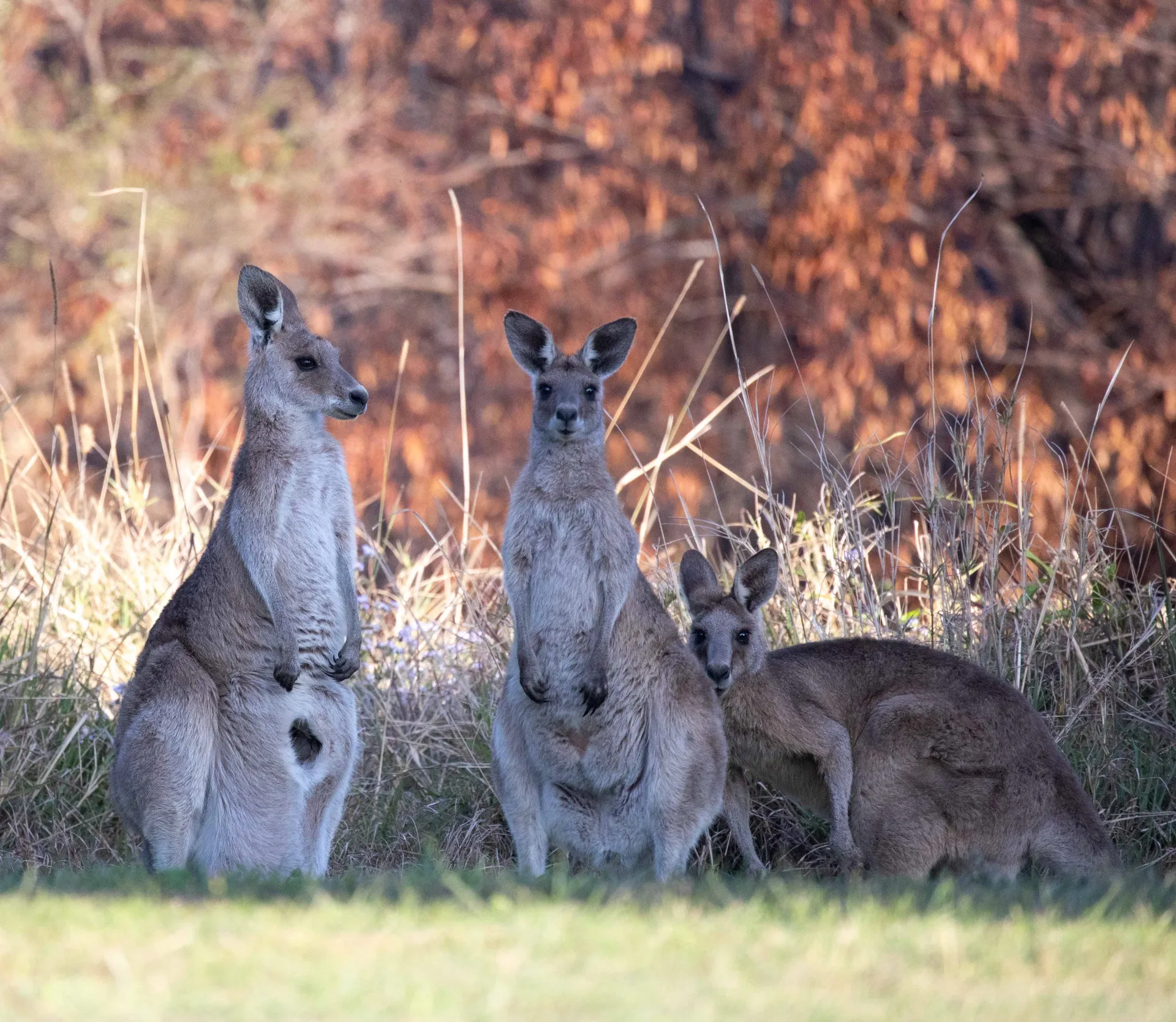
What we can do to help Macropods
The community was asked to rank a list of actions for Council to prioritise over the next three years.
Support was given to develop guidelines for Council and the community to support safer outcomes for Macropods.
These included a focus on Council roads through the installation of appropriate and effective injury/mortality mitigation measures at kangaroo-related road accident hot spots.
There was also a push to complete threat mapping to identify critical risks and refuge habitat in relation to climate change and urban development.
Community members were invited to report sightings of macropods on an interactive map.
There were 181 contributors, who marked 403 places on the map, which gave an unexpected amount of detail about the animals, their condition and numbers, and identified some previously unknown sites.
United front needed to save our much-loved macropods
Sunshine Coast Environment and Liveability Portfolio Councillor Cr Peter Cox said the feedback aligned with Council’s key priorities.
“There are some short-term measures that can be delivered quickly to make the Sunshine Coast safer for our wildlife and residents, such as temporary signage, virtual fauna fencing and hosting an event to trains dogs to avoid wildlife, called Dog-fest,” Cr Cox said.
“With a united approach across the Sunshine Coast, we can live in a wildlife friendly biosphere.”
The adopted Sunshine Coast Macropod Conservation Plan is available at sunshinecoast.qld.gov.au by searching “macropods”.
A full summary of the feedback received during community engagement and Council’s response is available at haveyoursay.sunshinecoast.qld.gov.au